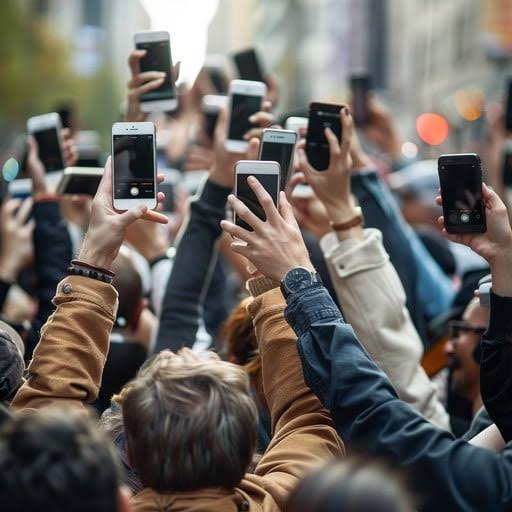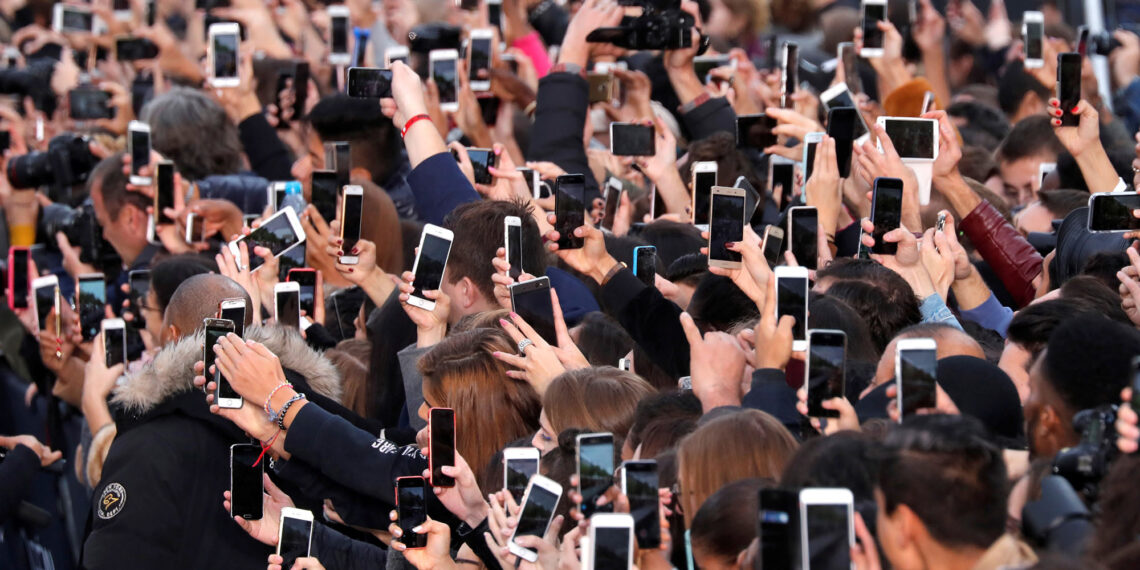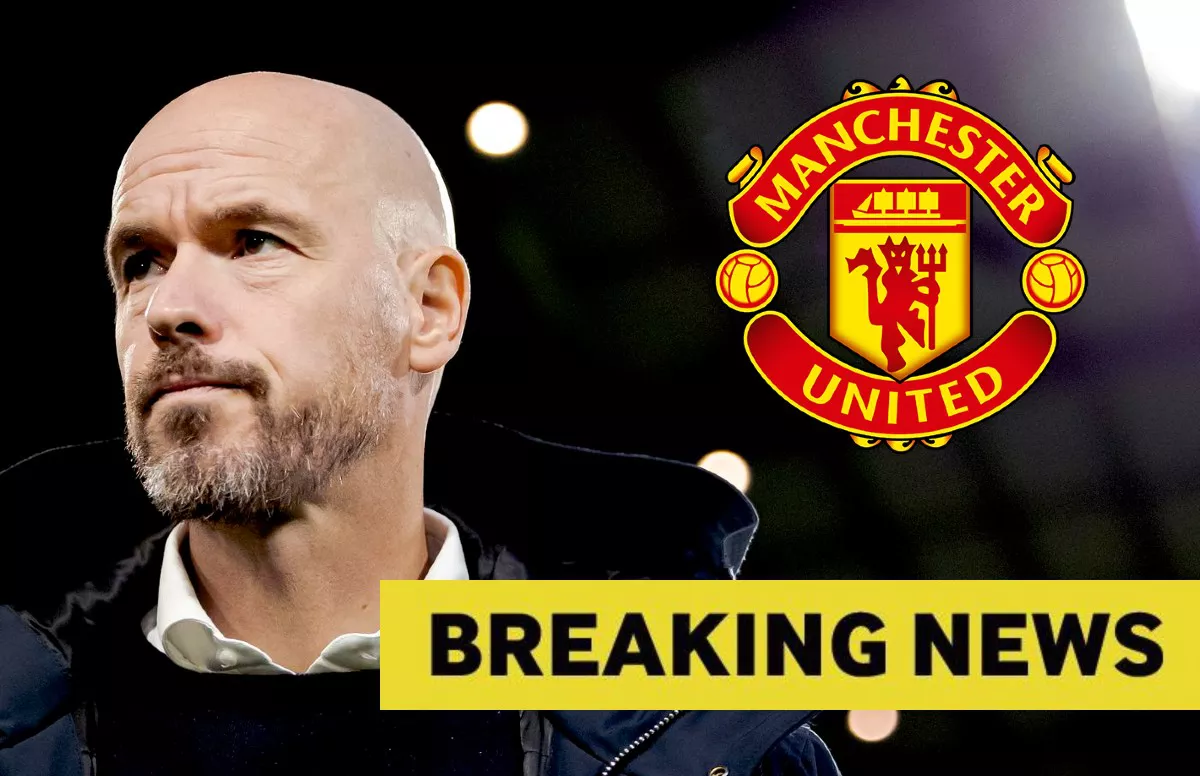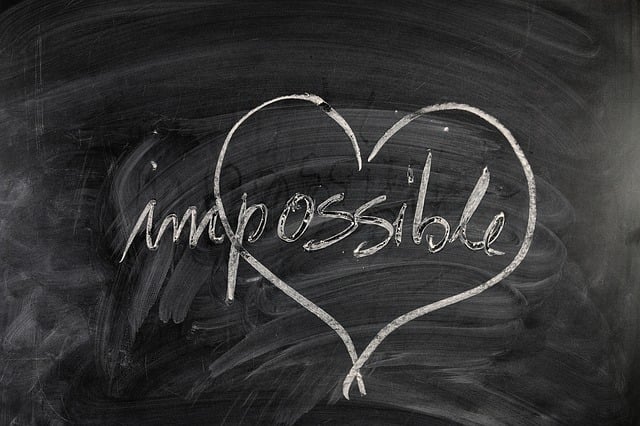By Fasuyi Tolulope Samuel
In today’s digital age, the phone in our hands has become more powerful than the television. With just one tap, a video can travel across the world in seconds.
Sadly, this has given rise to a disturbing trend: instead of rescuing victims in emergencies, many people prefer to pull out their phones, film, and post on social media. While citizen journalism has its place, this obsession with content creation is costing lives.
The Dark Sides
Take for instance road accidents, which are unfortunately frequent in our part of the world. Instead of rushing to pull out trapped victims or calling emergency services, bystanders often crowd around the scene with their cameras.

Videos of bleeding or unconscious victims trend on WhatsApp, Facebook, or TikTok before an ambulance even arrives. Precious minutes that could make the difference between life and death are wasted in pursuit of likes and shares.
This isn’t limited to accidents alone. Fire outbreaks have also become spectacles rather than tragedies. Many rush to capture the burning scene for social media instead of helping residents salvage what they can or calling the fire service.
Likewise, cases of street harassment or mob justice are filmed as entertainment, with no thought to stepping in or even alerting security operatives.
Some may argue that filming brings awareness or evidence. True, there are cases where videos have exposed corruption, brutality, or injustice. But when an injured person is left gasping for help as dozens of phones hover overhead, what good is awareness if a life is lost? A video can go viral tomorrow, but a dead victim can never be brought back.
At the root of this disturbing culture is the hunger for online relevance. Social media has conditioned many to believe that capturing “exclusive content” is more valuable than showing humanity. People are more concerned about views, comments, and follower counts than the screams of a dying man.
Closing Thoughts
We must rethink our priorities. In emergencies, the first instinct should be rescue, not record. Call the authorities, give first aid if you can, or simply help clear the way for responders. If there is still a need to document the event later, do so without jeopardizing human lives.
In the end, true heroism is not about who posted the first video. It is about who saved a life, gave comfort to the wounded, or made the call that brought help. We need fewer “viral journalists” and more real human beings.
























